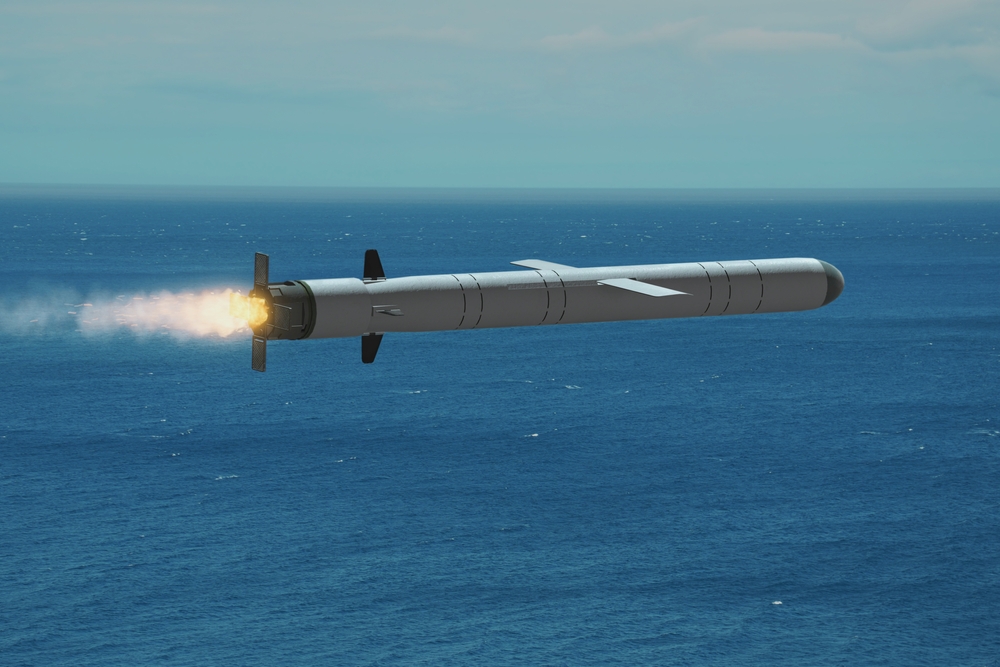German Foreign Minister Annalena Baerbock has publicly supported the planned deployment of American long-range missiles in Germany
Others are reading now
German Foreign Minister Annalena Baerbock has publicly supported the planned deployment of American long-range missiles in Germany, despite facing criticism from within her coalition government.
Additional Weaponry
In an interview with Funke Media Group, Baerbock emphasized the importance of enhancing deterrence and protection for Germany and its Baltic partners, according to Ziare.
“We need to protect ourselves and our Baltic partners, including through increased deterrence and additional weaponry,” Baerbock stated.
Her remarks come in the wake of a joint declaration by Germany and the United States, announced earlier this month, outlining the deployment of U.S. long-range strike capabilities in Germany starting in 2026.
Also read
The U.S. plans to station these missiles as part of a broader strategy to bolster NATO’s defensive posture. Among the potential weapons to be deployed are Tomahawk cruise missiles, known for their long-range precision strikes. This move is intended to strengthen the defensive capabilities of NATO and address growing security concerns in Europe.
Concerns Within Germany
However, the announcement has sparked concerns within Germany. Rolf Mützenich, the parliamentary leader of the Social Democratic Party (SPD), which is part of Chancellor Olaf Scholz’s coalition, warned of the risks associated with such deployments. He highlighted the “considerable danger of unintentional military escalation” and noted that the missiles’ short warning times and advanced technological capabilities could pose significant risks.
Despite the internal dissent, Baerbock’s stance reflects a broader commitment to maintaining a strong deterrent against potential threats. The deployment of these missiles is seen as a crucial component of NATO’s strategy to counteract growing regional tensions and ensure the security of its member states.
As the plan progresses, it will likely continue to be a topic of debate within German political circles, balancing national security interests with concerns over potential escalation risks.


